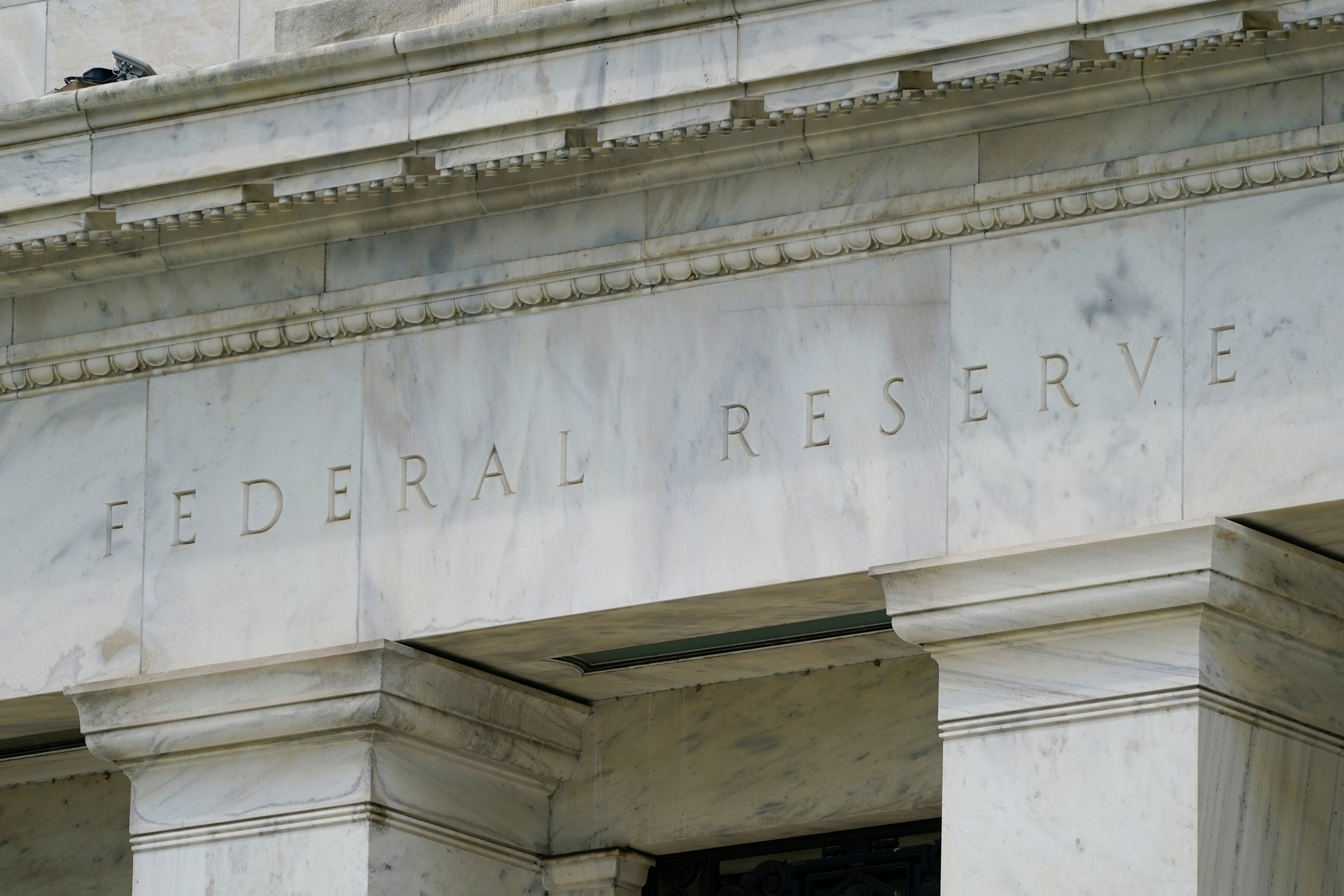Fed nominee Bloom Raskin pledges not to 'direct loans'
Pushing back against critics, a key nominee to the Federal Reserve’s Board of Governors says in testimony before a Senate panel that she would not make it harder for any industry to obtain bank loans

Pushing back against critics, a key nominee to the Federal Reserve's Board of Governors said in testimony before a Senate panel that she would not make it more difficult for any industry to obtain bank loans.
Sarah Bloom Raskin, a former Fed governor and deputy Treasury Secretary has been nominated by President Joe Biden to be the Fed's vice chair for supervision, the nation's top bank regulator. Republicans have charged that Bloom Raskin's previous statements on climate change suggest she would use her position at the Fed, if confirmed, to discourage banks from lending to oil and gas companies.
The White House has disputed that view and on Thursday, in remarks before the Senate Banking Committee, Bloom Raskin said she would not be able to take such steps as vice chair for supervision.
“The role does not involve directing banks to make loans only to specific sectors, or to avoid making loans to particular sectors,” she said. “And the role exists within the laws passed by Congress that govern the Federal Reserve and its responsibilities.”
The Senate panel is also considering the nominations of Lisa Cook and Philip Jefferson to the Fed's board. If approved, they would vote on the Fed's interest rate policies and on oversight of the financial system. Cook is the first Black woman to be nominated to the Fed's board, and Jefferson would be only the fourth Black man on the board if confirmed.
Cook, an economist at Michigan State University and former staffer in President Barack Obama's White House, said that she sees fighting inflation, which is currently at a four-decade high, as the Fed's top priority.
“I agree with Chair Powell that our most important task is tackling inflation,” Cook said. “High inflation is a grave threat to a long, sustained expansion, which we know raises the standard of living for all Americans and leads to broad-based, shared prosperity.”
Jefferson, an economist and dean at Davidson College in North Carolina, also said he considers rising inflation a major risk to the economy.
“The Federal Reserve must remain attentive to this risk and ensure that inflation declines to levels consistent with its goals,” Jefferson said.
Bookmark popover
Removed from bookmarks